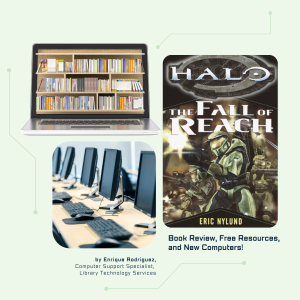Have you ever been interested in doing archival research, but you’re not sure where to start? Unlike most other library resources, archival collections are generally unique materials which only exist in one place. This is why they can be so valuable to research, since the information and perspective they contain often can’t be found anywhere else. But it also presents a problem: How to locate the collections which might be useful to you. Here are some tips and tricks on tracking down what you need.
When you’re looking for a book or article, you probably start with the quick search box on the Library homepage. Does the same thing exist for archives? Well, kind of. Some repositories are part of consortia that have agreed to pool all their archival description in one place. Here at TAMU-CC we contribute to Texas Archival Resources Online, which brings together finding aids from repositories across the state.
There are similar efforts in Arizona, Ohio and California, as well as regional ones like Archives West (Washington, Oregon, Idaho, Montana, and Utah) and the Rocky Mountain Online Archive (Colorado, New Mexico, and Wyoming). You can go even bigger by consulting OCLC’s ArchiveGrid or WorldCat, which have information about collections across the country and around the world.
The problem is that while these sites can provide a starting point, they don’t come close to representing all the archival collections that are out there. Creating and hosting these compilations is time- and labor-intensive and so is producing description to contribute to them. Less-well-funded states, regions, and institutions are less likely to have their holdings represented in aggregators like these.
However, many repositories will still have descriptions of their collections on their own web presence. The key here is figuring out where to look. Most institutions collect materials relevant to their own geographical area, so think locally: If your topic is about an event, where did it happen? If it’s a person, where did they live, work, or study? If it’s a place, well, where is it? Once you identify a city or region, look for academic and public libraries, historical societies, museums, historic sites, and government offices in that area which might have collections and check their websites for information about their holdings. For example, you can both search and browse finding aids for our collection at Bell Library on our website.
But the best advice for finding archival collections is simpler than all this: ask an archivist! Archivists tend to know their holdings very well, so we can steer you to the collections which will be most useful. We also talk to each other a lot, so if we don’t have something, we might know where else to look. We may even be able to tell you about materials we have that don’t have an online description yet. So give us a shout, because you never know what you might find in the archives!


